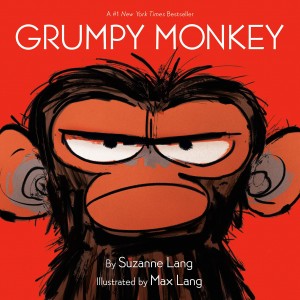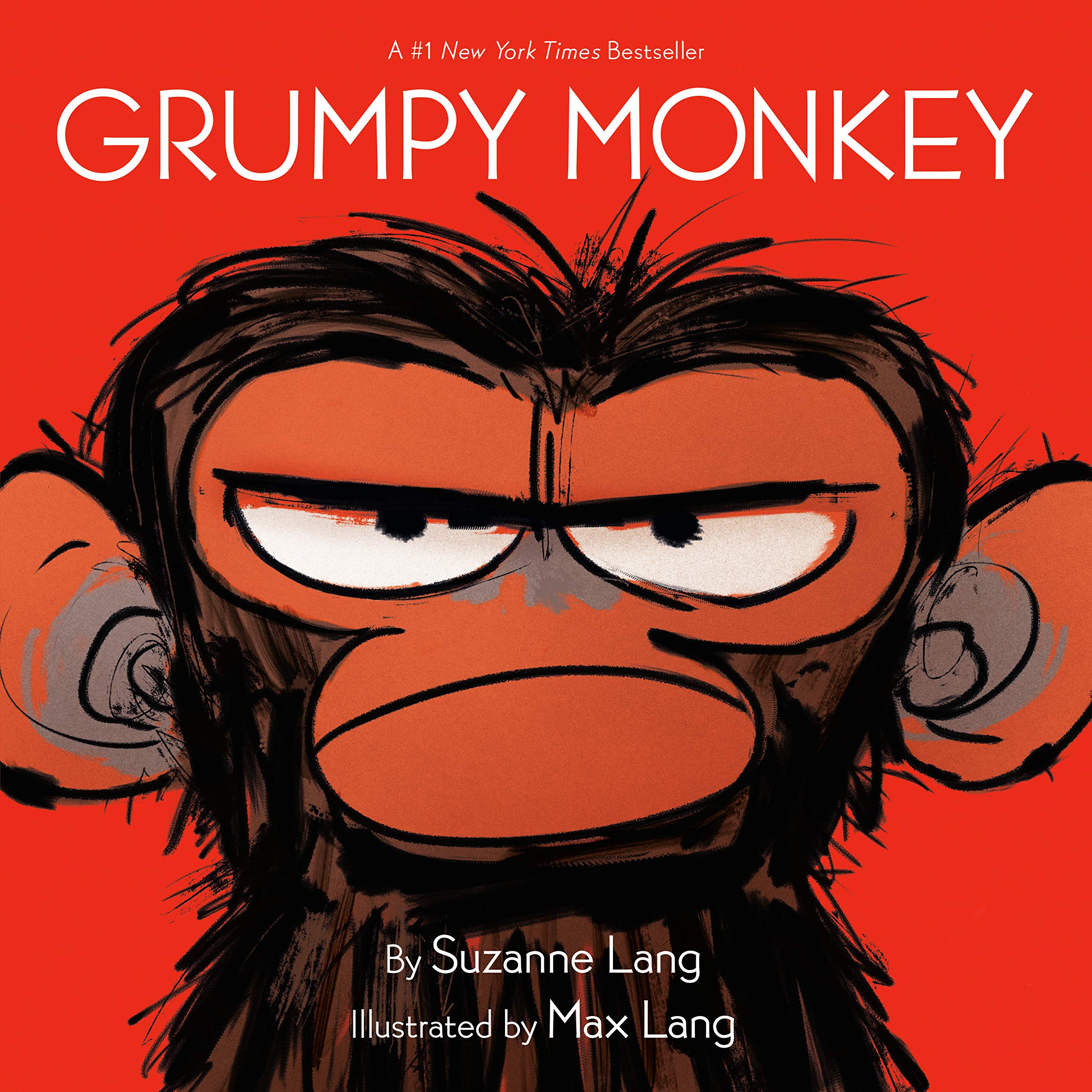Our books this month, Grumpy Monkey and The Rabbit Listened, are two beautifully-illustrated and engaging stories that teach valuable lessons on the importance of “feeling your feelings”, developing tools for processing sad or bad experiences… and listening, both to yourself and to others.

Grumpy Monkey
Written by Suzanne Lang
Illustrated by Max Lang
Suzanne Lang’s Grumpy Monkey (the first in the Monkey series) can help children with their emotions simply by showing that it’s often good to allow the emotions to exist.
When Jim Panzee wakes up in a bad mood and tries everything to change his outlook, it isn’t until he sits with his grumpiness that it begins to pass.
Illustrator Max Lang’s images bring warmth and fun to the page, and are just as much a part of the message for kids learning to manage their emotions. This kind of emotional awareness is a nice reminder for adults who might be reading this book aloud, and word repetition will help emerging readers improve.

The Rabbit Listened
In this story, our protagonist didn’t “wake up” in bad mood. He or she (unspecified) has experienced a loss after a swarm of birds knocks down an intricate block tower that, presumably, the child had worked hard to build.
Purchase The Rabbit Listened Now
Both Grumpy Monkey (et al) and The Rabbit Listened function as early “emotional dictionaries”. Both expose children AND their parents not only to the subject’s experience with negative emotions, but also to various techniques for processing them.
Importantly, too, both books emphasize that feelings — even negative ones — are natural, valid, and universal.
—
Emotional awareness and management techniques are a crucial part of the development process, and early childhood lit has come a long way in recent years.
Thanks to a new wave of stories focused on emotional management, children of the next generation will be equipped to notice, acknowledge, and handle their emotions better than even their parent or parents can.
Words like “literacy” and “fluency” — so often applied to educational standards and knowledge-bases — also apply to emotional intelligence. And a growing body of work would indicate is even more important to success than the latter.




